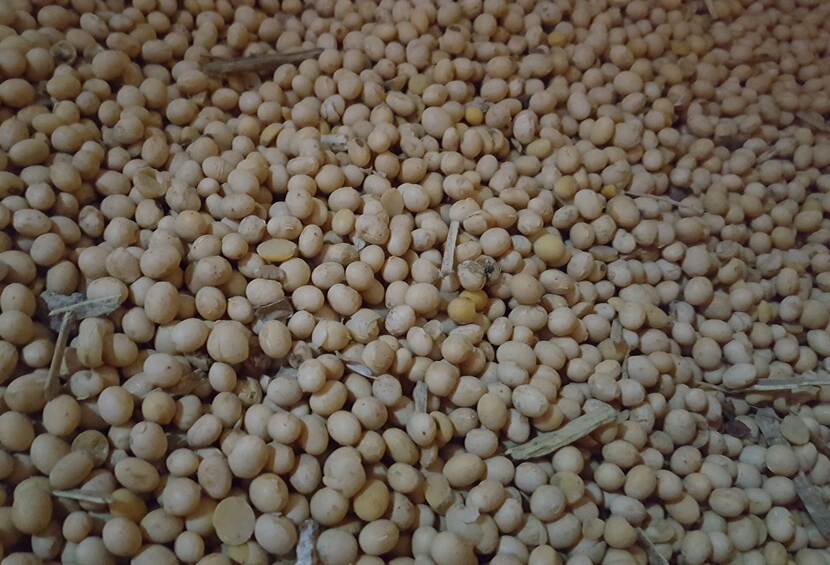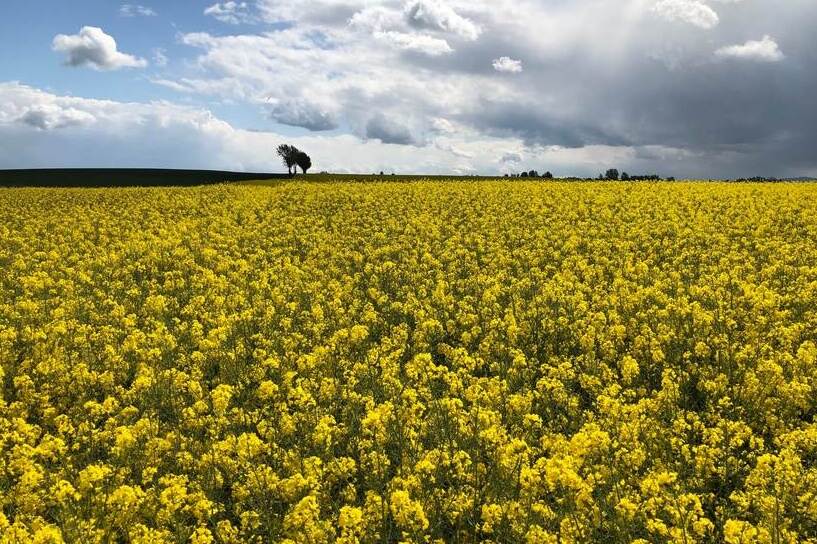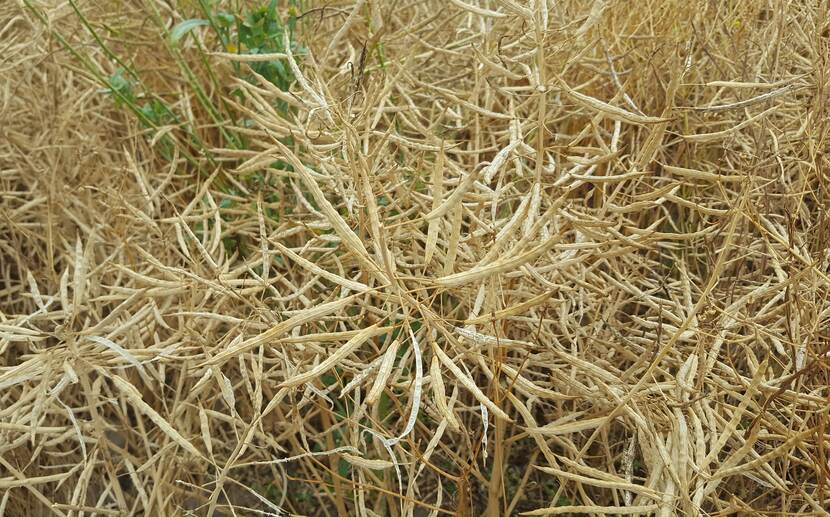Feed producers in Poland warn about possible market distortion
The Chamber of Grain Processors and Feed Producers has recently issued its opinion against the ban on the use of GMO feed in animal nutrition and against the plan to introduce limits on the use of domestic protein crops for the production of industrial feed.

Regulations concerning the ban on the use of genetically modified feeds were enacted in 2006, but the then government provided for a two-year vacatio legis in the act so that cattle and pig farmers had time to switch to feeding animals with non-GMO feed. However, it turned out that farming without GMO feed is impossible. As it was argued, Poland lacks self-sufficiency in terms of providing domestic protein for animal nutrition. Another argument was that soy is the most digestible vegetable protein in the nutrition of farm animals.
As a result, agriculture ministers extended the period during which the ban did not apply. Consequently, it did not enter into force in 2008, 2013, 2017. In 2019, a moratorium was passed again, which only applies until the end of this year. If the government does not decide to suspend this provision again, the animals will not be allowed to feed GMO feed from 1 January 2021.

In order to increase the domestic production of feed protein, the Ministry of Agriculture has been supporting farmers by measures such as the labeling of food and feed as "GMO-free", as well as the support that may be received by producers of ready-made feed for farm animals under the sub-measure "Support for investments in the processing of agricultural products, trade in them or their development" in RDP 2014- 2020. Additionally, the payment related to production is also applied to the cultivation area of protein crops - addressed directly to farmers. Every year, Poland allocates 2% of the national financial ceiling for direct payments for the implementation of support related to production in the protein crops sector. The total pool of funds allocated for this purpose in 2015-2019 is nearly PLN 1.5 billion. Support for this sector will also be continued under the National Strategic Plan for the CAP after 2021.
Feed production in Poland
According to the Institute of Agriculture and Food Economics the total domestic production of high-protein feed raw materials in the 2019/20 season amounted to 1.86 million tonnes and was close to the level of the previous season. The production of rapeseed meal reached 1,488 thousand tonnes (increase by 0.8%), the harvest of fodder pulses for grain amounted to 346 thousand tonnes (a decrease by 2%), and the production volume of fish meal, estimated at 25 thousand tons, compared to the previous season has not changed much.
In the current season (2020/21), an increase in the domestic production of high-protein feed raw materials is forecasted. Due to higher rape harvests, its processing and meal production will increase (to approx. 1,590 thousand tonnes, i.e. by almost 7%). The harvest of fodder pulses for grain is also likely to be higher (by approx. 10%).
Indicator targets of protein raw material?
However, despite the governmental support, in the opinion of Deputy Minister of Agriculture, Szymon Giżyński, farmers are faced with the problem of selling their protein crops, as feed producers are not interested in buying them, therefore introducing limits that would oblige them to purchase domestic raw material is being considered.
According to Giżyński, this can be achieved by the so-called Indicator targets that would determine how much national (European) protein raw materials must be purchased by the feed mill per year. Such a system works in the EU when diesel oil is supplemented with rapeseed ester.
In the opinion of the organization of feed producers, the introduction of the solutions proposed by the Ministry of Agriculture will have negative social and economic effects, mainly for the feed sector and the broadly understood poultry industry.
As stated in the resolution of the Extraordinary General Meeting of the Chamber of Grain Processors and Feed Producers, the organisation actively supports activities aimed at the diversification of feed protein sources by purchasing leguminous seeds produced by Polish farmers.

As the Chamber points out, currently the domestic production of protein crops is only 0.3 million tons per year, while the entire domestic consumption is 4.25 million tons per year. Since 2015, the production of pulses feed in Poland has been decreasing. Also, the inclusion of domestic rapeseed meal in the balance sheet does not make it possible to replace soybean meal. According to the Chamber,
the soybean meal used constitutes 63% protein raw materials, and domestic protein plants are only 7%.
In the opinion of the Chamber, the introduction of limits will not lead to an increase in the production of domestic pulses.
The Chamber emphasizes that the introduction of limits, as well as the ban on the use of GMO feed, will significantly increase the costs of poultry and pig production, and these amount to 70-80% of total production costs. This will lead to higher food prices. In addition, it will reduce the competitiveness of Polish agriculture in the international arena.
The Chamber reminded that Poland is the largest poultry producer in Europe, and the exports of this industry in 2019 amounted to PLN 12 billion, which is over 10% of all Polish food exports.
It will have an equally large impact on the percentage of pigs, because - in the opinion of the organization - the profitability of production will drop. Additionally, the matter is complicated by the presence of African swine fever in Poland. In the opinion of the Chamber, the situation will be worsened by the appearance of ASF in Germany. China has suspended pork imports from Germany, so there will be an oversupply of meat on the market, which in turn will cause a drop in the purchase prices of pigs.

Therefore, the Chamber appeals to the Prime Minister and the Minister of Agriculture to urgently undertake work on the amendment to the Act on Feeds, i.e. to extend the moratorium on the use of genetically modified feed and to abandon the introduction of limits of national proteins in feed. At the same time, it indicates the need for dialogue with all interested parties.
Source: farmer.pl